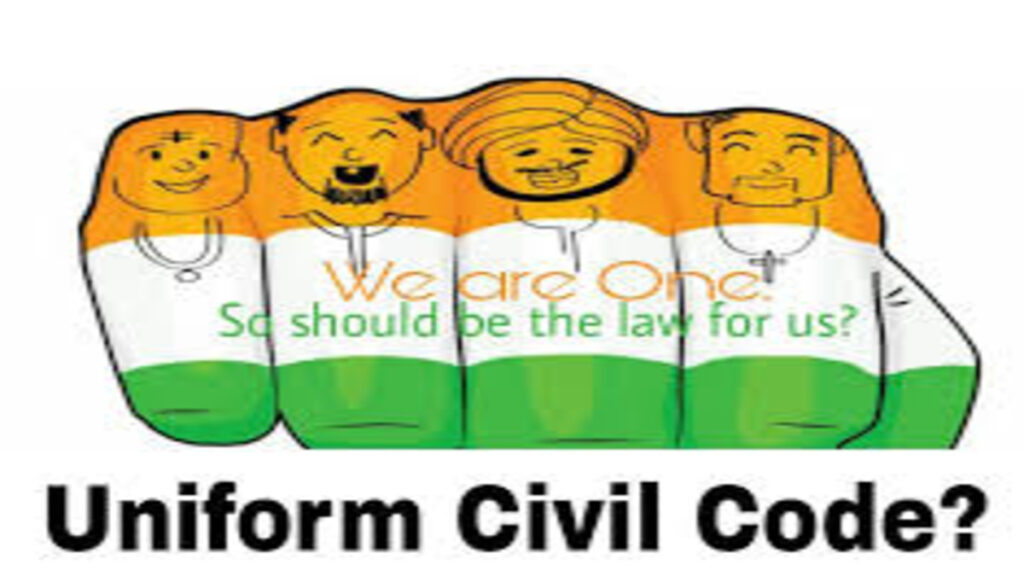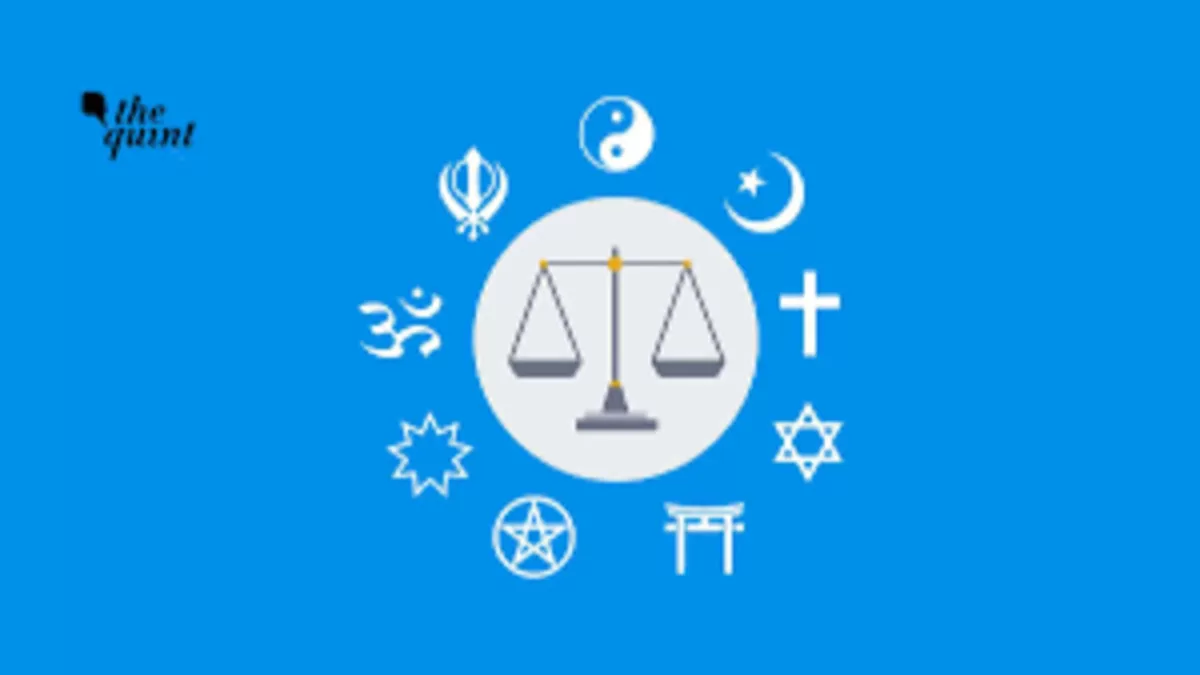Uniform Civil Code (UCC)
Introduction
In a country as diverse as India, cultural differences have often been both a source of strength and a point of contention. The concept of a Uniform Civil Code (UCC) has been a topic of debate for years, as it seeks to establish a common set of laws governing personal matters for all citizens, regardless of their religious or cultural backgrounds. But can a UCC truly bridge the cultural divide that exists in India?
This write-up discusses the Uniform Civil Code (UCC) for India, highlighting its significance and potential benefits for the nation. The UCC is a proposed set of laws that aims to replace religious-based personal laws with a common set of laws applicable to all Indian citizens. Currently, different communities in India follow distinct personal laws in areas such as marriage, divorce, inheritance, and adoption.

Understanding the Cultural Divide
India is a land of various religions, languages, traditions, and customs. The cultural diversity that exists is a testament to the country’s rich heritage. However, this diversity has also led to different personal laws based on religious affiliations. Hindus, Muslims, Christians, and other communities follow distinct sets of laws related to marriage, divorce, inheritance, and more. While this has preserved individual cultural identities, it has also created disparities and conflicts.
The Idea Behind the Uniform Civil Code
A Uniform Civil Code aims to replace these separate personal laws with a common set of laws that apply to all citizens uniformly. Proponents argue that this would lead to gender equality, social justice, and national integration. By treating all citizens equally in personal matters, regardless of their religious background, a UCC seeks to promote a sense of unity and shared identity.
Implementing the UCC would promote social cohesion by bridging the gap between communities and fostering a shared sense of identity and belonging. It would dissolve barriers and strengthen the social fabric of the nation.
Challenges and Concerns
Implementing a Uniform Civil Code in a diverse country like India is not without challenges. One major concern is the fear of eroding cultural and religious identities. Critics argue that imposing a common code could disregard the distinct traditions and practices that different communities hold dear. There’s a concern that a UCC might disproportionately impact minority communities, potentially leading to resentment and further division.Sensitivity towards religious sentiments and effective communication are crucial to ensuring a smooth transition. Open dialogue and understanding can help address the concerns of various communities, leading to a more harmonious implementation.
One of the primary objectives of the UCC is to ensure equality for all citizens, regardless of their religious backgrounds. The current system often discriminates against women and marginalized sections of society. By replacing these laws with a uniform code, the UCC would uphold gender equality and social justice, leading to a more inclusive society.

Another advantage of the UCC is the simplification of the legal framework. The existence of multiple personal laws creates a complex and confusing legal environment. Implementing a single code would streamline the legal process, making it easier for individuals to understand and exercise their rights.
Can a Uniform Civil Code Truly Bridge the Divide?
The question remains: Can a Uniform Civil Code effectively bridge India’s cultural divide? While the challenges are undeniable, there are potential benefits that cannot be ignored. The key lies in finding a middle ground that respects cultural identities while promoting equality and unity.
The Road Ahead: Striking a Balance
Crafting a Uniform Civil Code requires careful consideration of cultural, religious, and legal complexities. To achieve this, a collaborative approach involving legal experts, religious leaders, and community representatives is essential. By engaging in open dialogue and addressing concerns, a balanced code can be formulated that respects diversity while upholding the principles of justice and equality.

Conclusion
Breaking barriers and bridging India’s cultural divide through a Uniform Civil Code is a complex endeavor. While challenges abound, the potential for a more unified and just society cannot be dismissed. By embracing perplexity and burstiness in discussions around the code, we can engage readers and encourage them to consider the multifaceted nature of this issue.
#UniformCivilCode #EqualityForAll #SocialCohesion #LegalReform #ProgressiveIndia
FAQs
1. What is the Uniform Civil Code?
A Uniform Civil Code is a proposal to replace distinct personal laws based on religion with a common set of laws applicable to all citizens.
2. Why is a Uniform Civil Code debated in India?
The debate centers around the need to balance personal beliefs and cultural practices with the principles of equality and justice for all citizens.
3. How does burstiness enhance the article?
Burstiness, or the use of surprising elements, captures the reader’s attention and mirrors the unexpected outcomes of cultural integration.
4. Is it possible to respect cultural identities while implementing a UCC?
Yes, a collaborative approach that involves various stakeholders can lead to a code that respects diversity while promoting equality.
5. What role does perplexity play in the discussion?
Perplexity engages readers by presenting a mix of familiar and unfamiliar ideas, encouraging deeper consideration of the topic.
